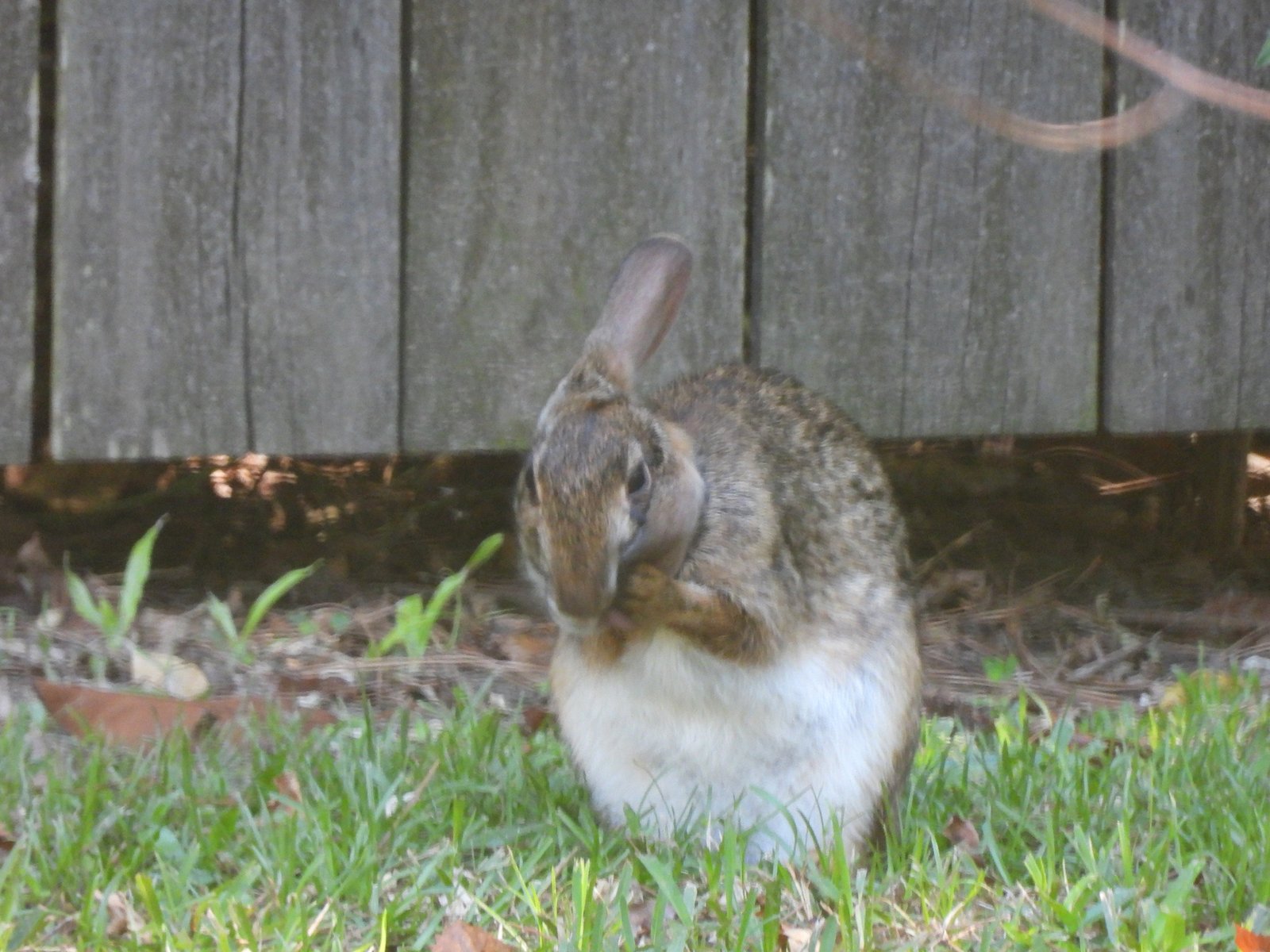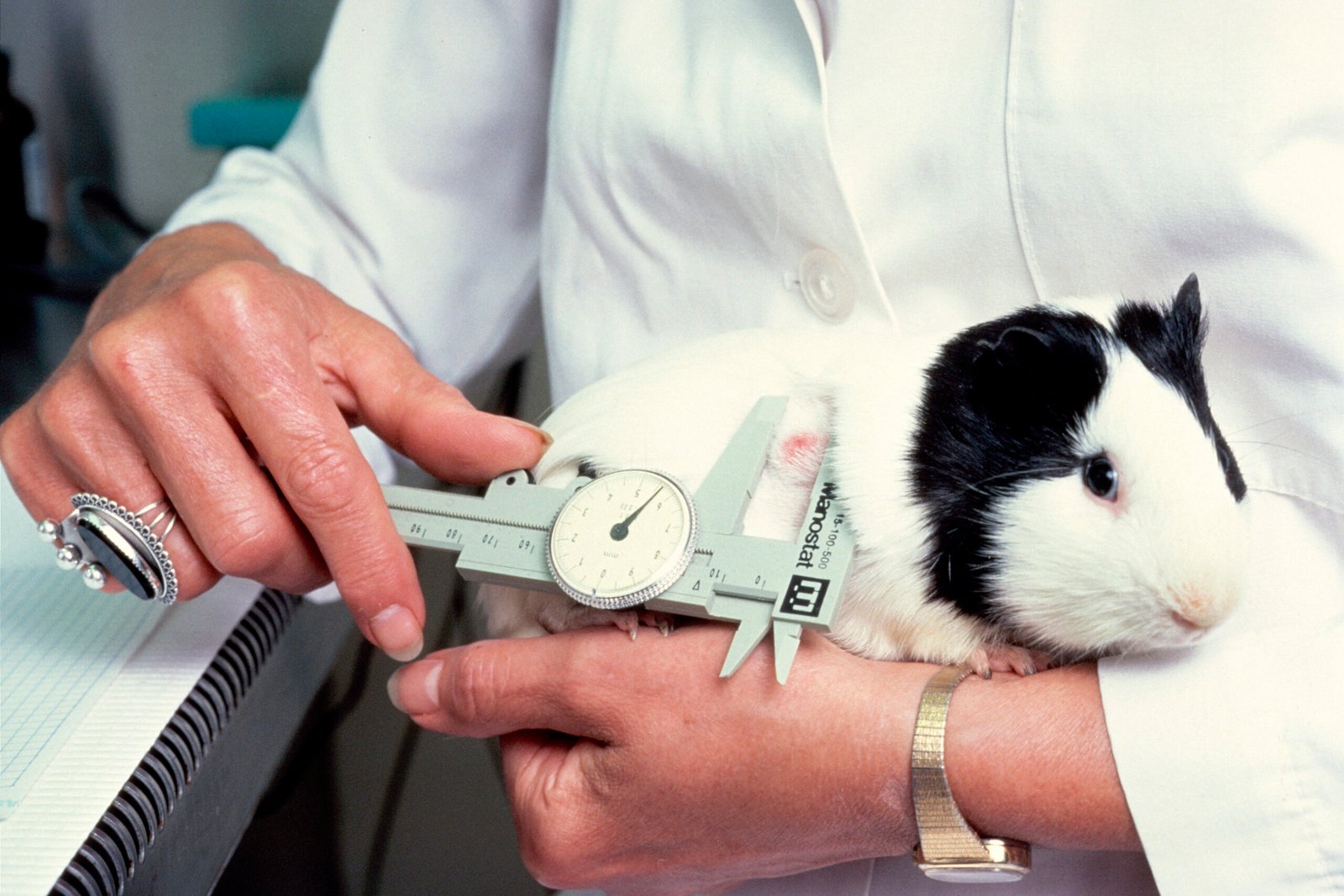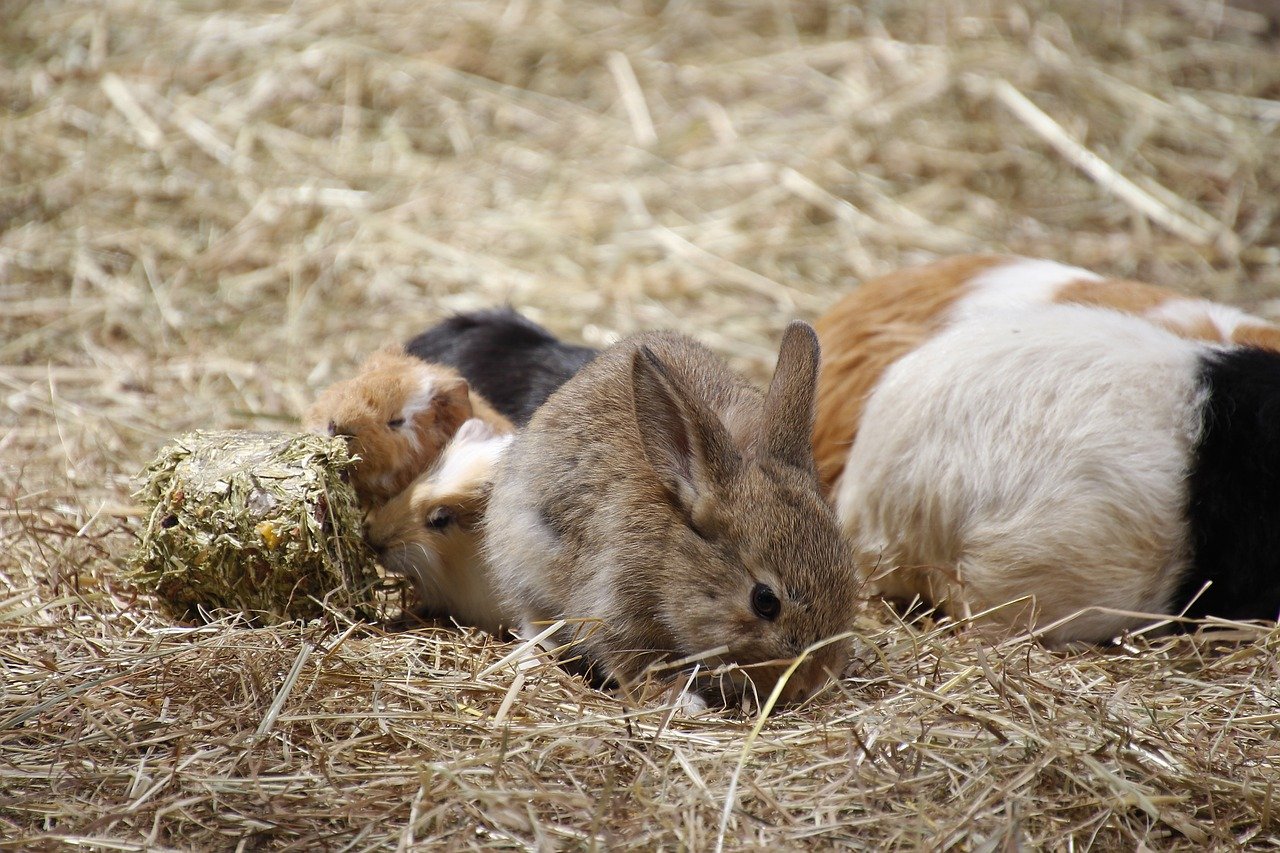Small pets like guinea pigs and rabbits may not bark or meow, but they definitely feel loneliness—and they show it in subtle ways. If your usually energetic rabbit seems withdrawn, or your guinea pig isn’t chirping like normal, it could be a sign they’re feeling isolated. Lack of appetite, over-grooming, and hiding more than usual are also red flags. These social creatures crave companionship—often from their own kind. Housing them in pairs or groups (if compatible) and spending quality time with them daily can make a huge difference. Enrichment toys, gentle handling, and consistent routines also help reduce stress. A little awareness can go a long way in keeping these quiet companions happy and emotionally healthy.
The Importance of Companionship for Small Pets
Guinea pigs and rabbits are naturally social animals. In the wild, they live in groups, constantly interacting and relying on each other for safety and comfort. When we bring them into our homes, they lose that ready-made support system. It’s easy to overlook their need for companionship, especially because they can’t ask for it in words. Without a friend—whether it’s another animal or a caring human—these pets can become lonely, anxious, and even depressed.
Loneliness isn’t just an emotional struggle for them; it can also lead to physical health issues. A guinea pig left alone may lose interest in eating, while an isolated rabbit could develop stress-related illnesses. Imagine how you’d feel stranded on a deserted island—these little guys experience something similar. Providing a partner or spending dedicated time with your pet makes all the difference in their happiness and health.
Behavioral Changes: The Silent Cries for Help
One of the first ways loneliness shows up is through changes in behavior. Your once lively guinea pig might become lethargic, spending more time curled up in a corner. Or maybe your rabbit, usually full of energy, now sits quietly, barely moving unless prompted. These behavioral shifts are their way of signaling that something’s not right.
Some pets might even become more vocal, squeaking or thumping to attract your attention. Others may withdraw entirely, hiding away or refusing to interact. It’s easy to miss these signs if you’re not watching closely, so it’s important to notice even the smallest changes in their daily routines.
Loss of Appetite and Weight Fluctuations
Food is one of life’s simple pleasures for small pets, so when they lose interest in eating, it’s a red flag. Loneliness can sap their enthusiasm for meals, resulting in weight loss or a general decline in health. You might notice uneaten veggies piling up or a sudden lack of excitement when you bring treats.
Sometimes, the stress of being alone can also cause the opposite effect—overeating out of boredom. Regularly check your pet’s weight and eating habits. If there’s a change, especially combined with other signs of loneliness, it’s time to address their social needs. Healthy eating habits are closely tied to emotional wellbeing, even for our smallest family members.
Unusual Vocalizations and Sounds
Guinea pigs and rabbits have their own ways of talking to us. Guinea pigs might start squealing, chirping, or even making a low, sorrowful noise when they’re lonely. Rabbits, on the other hand, can thump their feet or make soft grunting sounds. These vocalizations are their way of saying, “Hey, I need you!”
Don’t ignore these new or unusual sounds. They can be a cry for company or a signal that your pet is feeling isolated. Pay attention to when these sounds occur—often, it’s when you leave the room or during quiet times. Responding with gentle words or even just your presence can help reassure them.
Destructive or Repetitive Behaviors
When boredom and loneliness set in, some small pets turn to destructive habits. You might find gnawed cage bars, shredded bedding, or constant digging in one spot. These actions aren’t just about keeping busy—they’re often a sign that your pet is struggling emotionally.
Repetitive behaviors like pacing, circling, or over-grooming can also signal distress. It’s as if they’re trying to fill the void left by a missing friend. Providing engaging toys, tunnels, and, most importantly, companionship, can help break this cycle and restore balance to their lives.
Changes in Grooming Habits

Small pets are usually fastidious groomers. When a guinea pig or rabbit starts neglecting their fur, it’s a sign that something’s off. A lonely animal might look unkempt, with matted fur or dirty patches, simply because they lack the motivation or energy to care for themselves.
On the flip side, some pets might over-groom, licking or biting their fur obsessively. This behavior can lead to bald patches or skin irritation. Both extremes point to emotional discomfort—a pet’s silent plea for more attention and interaction.
Less Interest in Play and Exploration
Guinea pigs and rabbits are naturally curious creatures. They love to explore new spaces, investigate toys, and hop around their enclosures. When loneliness sets in, though, that spark of curiosity fades. Your pet may lose interest in toys or spend less time exploring.
This lack of engagement isn’t just a sign of boredom—it’s a deeper indication that they’re missing social stimulation. Encouraging play by introducing new tunnels, chew toys, or simply rearranging their environment can help. But nothing beats the excitement of sharing these activities with a friend or a loving owner.
Increased Hiding or Withdrawal
If your pet starts spending more time hiding, tucked away in a corner or inside a shelter, take notice. Withdrawal is a classic sign of loneliness and emotional distress in small animals. It’s their way of coping with the absence of social interaction, retreating into themselves for comfort.
This behavior can be especially hard to spot in naturally shy pets, but you’ll notice a change if they’re hiding more than usual. Creating a safe, inviting environment and offering gentle encouragement can help coax them out of their shells. But most importantly, consider whether they might benefit from a companion.
Sudden Aggression or Irritability
A lonely guinea pig or rabbit may become unexpectedly grumpy. They might nip, bite, or lunge when you reach into their cage, even if they’ve always been gentle before. This aggression isn’t their true nature—it’s a reaction to stress and frustration.
Think of it like someone snapping after being alone for too long. These pets crave interaction, and when they don’t get it, it can manifest as irritability. Understanding this as a cry for help, not a personality change, is important for finding the right solution.
Clinginess When You’re Around
On the other end of the spectrum, some pets become extra clingy when their favorite human is nearby. Your guinea pig might follow you around the cage, or your rabbit could press up against the bars, begging for attention. This intense attachment is a sign they’re not getting enough social interaction.
While it’s heartwarming to feel so loved, this level of neediness can signal an unmet need for companionship. Balancing your time, offering interactive toys, and, if possible, introducing a suitable animal friend can help them feel more secure and less dependent on one person.
Frequent Illness or Weak Immune Response

Did you know emotional wellbeing affects physical health in small pets? Chronic loneliness can weaken their immune systems, making them more prone to illnesses. You might notice your pet catching colds more often, or wounds taking longer to heal.
Stress hormones suppress the body’s natural defenses, just like in humans. If your guinea pig or rabbit seems to be getting sick more often than usual, consider whether loneliness might be contributing. Regular vet visits and lots of social interaction can go a long way toward keeping your furry friend healthy.
What You Can Do to Help

If you spot these signs, don’t panic—but do act. The best solution for many small pets is a compatible companion of their own species. Guinea pigs especially thrive in pairs or small groups, and rabbits often do too. If that’s not possible, commit to spending lots of quality time with your pet each day.
Enrich their environment with tunnels, hideouts, and engaging toys. Talk to them, sit with them, and let them explore outside their cage under supervision. Every bit of attention makes a difference. And remember—your love and care are the most powerful remedies for loneliness in these gentle little souls.
Loneliness in small pets like guinea pigs and rabbits is more common than many realize, but it doesn’t have to go unnoticed. By tuning in to their behavior—like changes in appetite, hiding, or unusual quietness—you can catch the signs early. These little companions thrive on connection, whether it’s with you or a furry friend of their own. With just a bit of extra attention and companionship, you can help them feel safe, loved, and anything but alone.
Jen is a passionate nature lover and ocean conservationist. She has dedicated her life to protecting the environment and preserving the beauty of the natural world. Growing up in a small coastal town, Jen sincerely appreciated the ocean and its inhabitants. She has spent countless hours exploring the shoreline, learning about the creatures that inhabit the waters, and advocating for their protection. Jen is an active member of ocean conservation organizations, and she is committed to educating the public about the importance of conserving wildlife and the natural environment.





